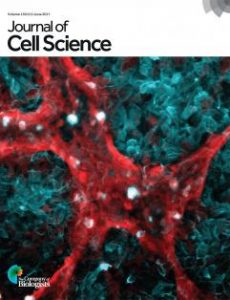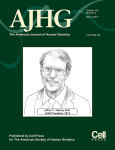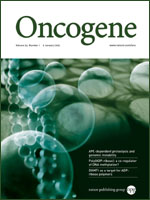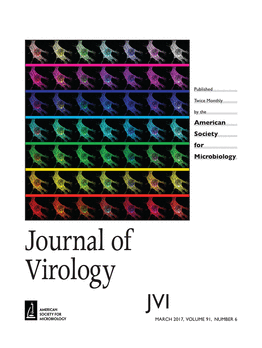 A journal has issued an expression of concern (EOC) for a 2011 cancer paper, while Karolinska Institutet investigates “concerns” about some of the data.
A journal has issued an expression of concern (EOC) for a 2011 cancer paper, while Karolinska Institutet investigates “concerns” about some of the data.
After the Journal of Cell Science (JCS) received a tip from a reader, it investigated, but was unable to resolve the concerns. So the journal asked KI–where all the authors work–to investigate further, and issued an EOC to alert readers that there may be an issue with the paper.
According to the notice, the questions center on data from Fig. 1A, but the notice does not specify the nature of the concerns. The 2011 paper received a correction in 2016, which cites inadvertent figure duplication.
Earlier this year, the paper’s last author Boris Zhivotovsky and second author Helin Vakifahmetoglu-Norberg retracted a 2008 paper from Oncogene over potential image duplication. That retraction caught our attention because it was prompted by a 2016 correction to the paper, which had raised additional questions about potential duplication; ultimately, the authors retracted both the paper and its correction.
Here’s the expression of concern for the 2011 JCS paper: Continue reading Journal flags cancer paper from Karolinska researchers
 Sometimes, even a short notice catches our attention.
Sometimes, even a short notice catches our attention. In August, the U.S. Office of Research Integrity announced that a former postdoctoral fellow at the National Human Genome Research Institute (NHGRI)
In August, the U.S. Office of Research Integrity announced that a former postdoctoral fellow at the National Human Genome Research Institute (NHGRI)  A journal has flagged a paper by a researcher who has questioned the safety of genetically modified organisms, after receiving concerns that there were issues with some images.
A journal has flagged a paper by a researcher who has questioned the safety of genetically modified organisms, after receiving concerns that there were issues with some images.
 Here’s a rather odd case: When readers raised issues about some of the images in a 2008 cancer paper, the authors issued a correction last year. But when
Here’s a rather odd case: When readers raised issues about some of the images in a 2008 cancer paper, the authors issued a correction last year. But when  A group of researchers in France has been forced to retract their 2002 article in the
A group of researchers in France has been forced to retract their 2002 article in the 

 A researcher who claimed image problems in a retracted paper were the result of a software glitch, and not intentional, has lost three more papers — all for image manipulation.
A researcher who claimed image problems in a retracted paper were the result of a software glitch, and not intentional, has lost three more papers — all for image manipulation.